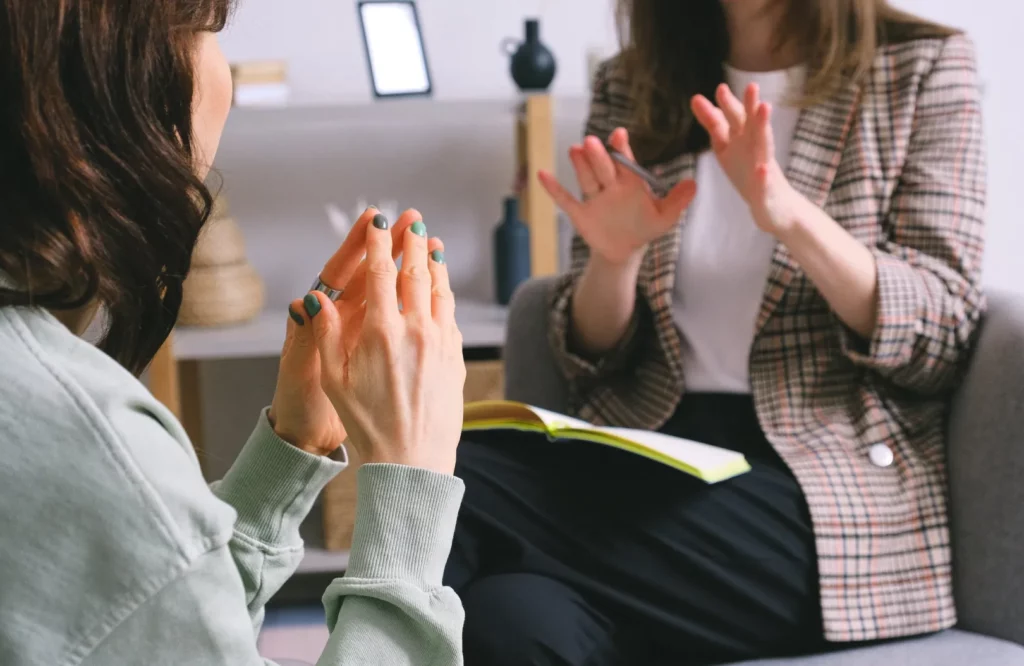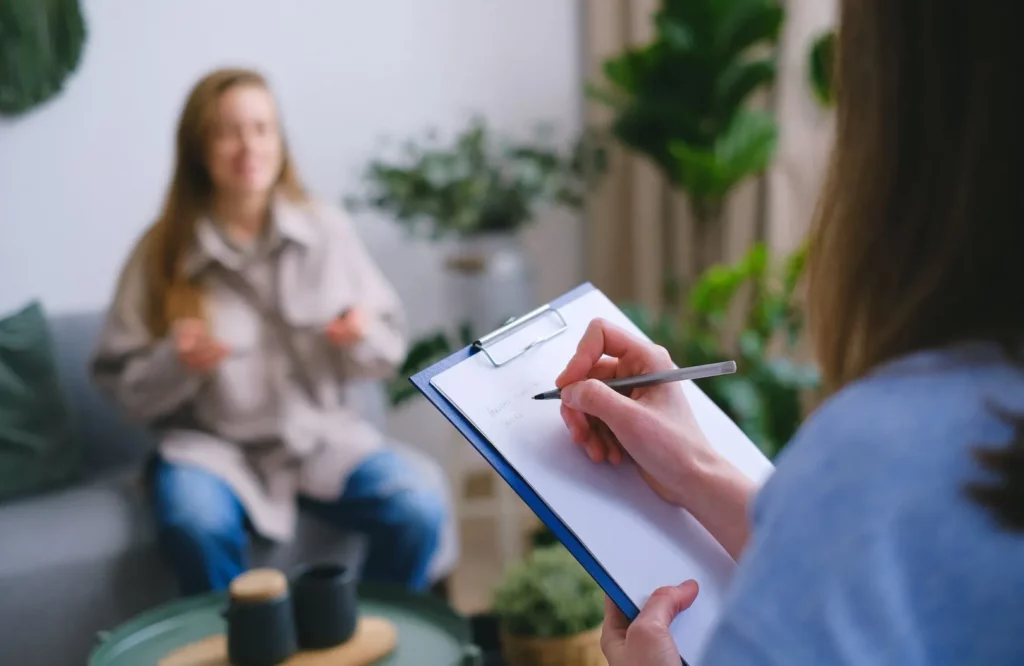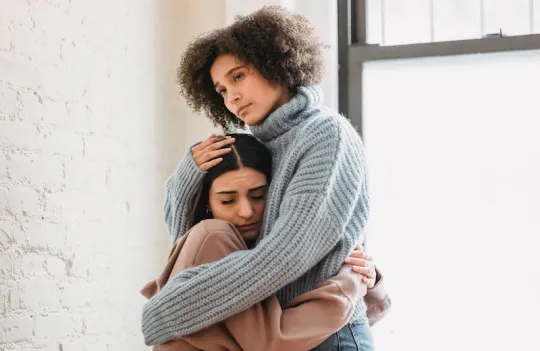Education
For a community to be whole and healthy, it must be based on people’s love and concern for each other. – Millard Fuller
We believe that breaking the cycle of domestic violence can not be achieved by the victims alone; it requires the support and understanding of the community. A community that understands:
- Why didn’t she leave the first time
- Why she didn’t ask for it
- Why being a better wife doesn’t help
- Why outward appearances can be deceiving


For a community to thrive, it has to be safe for everyone living there. Closing the door on domestic violence doesn’t make it go away. We have to openly discuss within our community why hitting or controlling our partners is not okay.
We have to teach our children how to be in healthy and respectful relationships from the start, how to express their feelings without hurting others, and how to ask for help when times get tough. Only then will the future be a safe place for all in our community and society.

We offer free talks to community organizations and churches on the psychology of abuse and what we, as a community, can do to help. Our speakers have witnessed abuse first-hand and are happy to share their stories and how others helped them create a better life for themselves and their children. Our talks are not lectures. They are an opportunity to learn, empathize and talk openly about the concerns in your community.
To book a speaker, complete an inquiry form or call us at (817) 929-1866
FAQ
Sometimes people think it is okay to use force in a relationship. This is not true and some of the myths about why they do nothing when they see bruises on a woman include:
That the woman deserved what she got because she was disobedient. – False. A healthy relationship does not include violence of any kind. There is no justifiable reason for violence in the home, the workplace, or the community.
She was beaten because she did not follow the teachings of the bible and submit to her husband. – False; abusers do not care what is written in the bible. They beat their partners because:
- They think it is a way to maintain control of the relationship
- Have anger, alcohol, or drug issues and get angry easily
- They were victims of abuse themselves and are replicating the cycle of abuse
- They do not know how to have a healthy relationship
- They think it is their right to abuse and control their wife/partner as “head of the household”
At Future, Hope & Healing Center, we offer counseling and support for victims of domestic abuse and education programs for use in the community to break the cycle of abuse.
Nearly 44% of domestic abuse victims have nowhere to go when they leave their abusers. Your financial donations help us to find shelter for women at a critical time in their lives. 90% of women who leave, face being left homeless at least once. Our donation page contains more detail on what you can do to help reduce these appalling statistics and give the survivors of domestic violence a chance for a better life. Click here to donate.
If you think a friend or family member is being abused, be supportive by listening to them and asking questions about how they’re doing. Encourage them to seek help or offer to find out how they can get help and let them know directly (not by text, email, or phone message in case their abuser is monitoring the communications). The person being abused may not be ready or able to leave the relationship immediately but let them know you will be there for them when they are.
The National Domestic Violence hotline advises the following could be signs of domestic abuse:
According to the National Domestic Violence Hotline, some warning signs include the following:
- Their partner insults them in front of other people.
- They worry about making their partner angry.
- They make excuses for their partner’s behavior.
- Their partner is extremely jealous or possessive.
- They have unexplained marks or injuries.
- They’ve stopped spending time with friends and family.
- They are depressed or anxious, or you notice changes in their personality.
If you think your friend or family member is being abused, be supportive by listening to them and asking questions about how they’re doing. The abused person may not be ready or able to leave the relationship immediately.
Yes, 100% of donations made to Future, Hope & Healing Center directly support the victims of domestic abuse in our community. Click here to make a donation.
